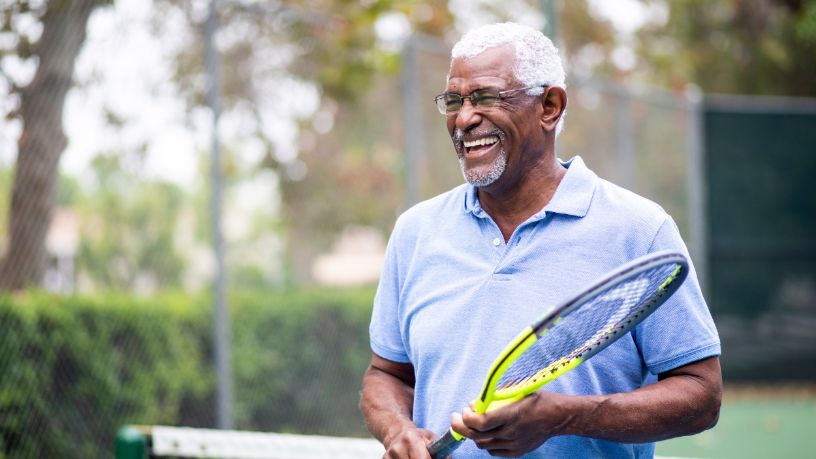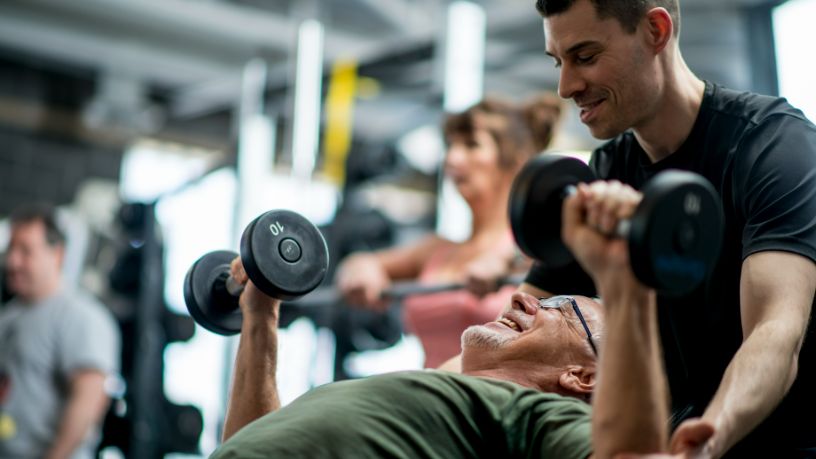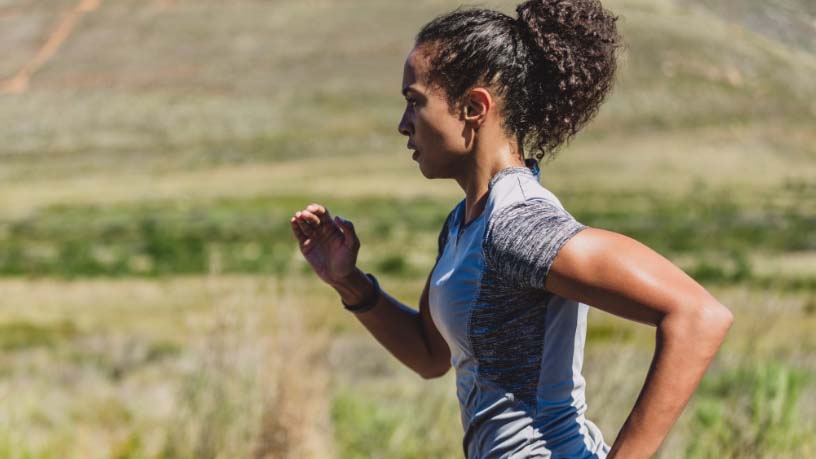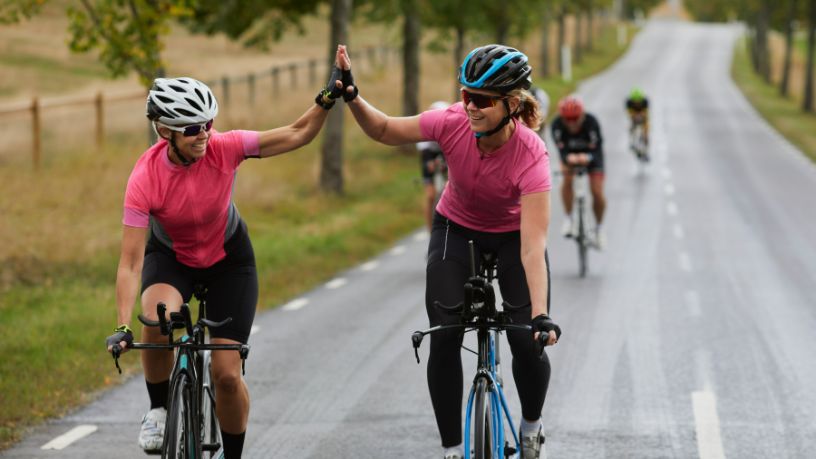Nutrition is a key part of the preparation and recovery of a sports event.
On this page
Key takeaways
Drinking enough water is as important as fuelling up with the right food.
Get professional advice if you are undertaking a long event.
Whether you’re having a crack at a fun run, or maybe even your first full marathon, physical training programs alone can only get you so far. For the best shot at success, make sure you have your nutrition-thinking cap on before, during and after your training so you can perform and recover.
Before you exercise
If you don’t eat before you exercise, you’ll be running on empty. This generally means you’re unable to train as efficiently.
Here are some small meal/snack options to consider before a training session.
2 to 4 hours before
You could try:
- cereal or muesli with low-fat milk and fruit
- a sandwich, wrap or roll filled with lean meat and salad with fruit
- a small bowl of pasta or rice with lean meat and steamed vegetables
- a fruit smoothie and a slice of toast with your choice of spreads.
One to 2 hours before your training session
Choose something lighter that will be faster to digest, such as a:
- jam sandwich made with white bread
- banana and a small tub of low-fat yoghurt
- milkshake made with fruit and low-fat milk
- cereal bar.
During exercise
If your exercise is under one hour, you don’t need to focus on refuelling as you’re not significantly draining your glycogen (glucose) stores. Just make sure you stay hydrated with water.
If you’re looking to push that bit further with any event over an hour (such as running in a half or full marathon), you should refuel with 30 to 60 grams of carbohydrates per hour.
Some foods that provide approximately 30g carbohydrates include:
- 40g lollies (for example, jelly beans or jelly babies)
- one standard sport/energy gel pouch
- half a jam sandwich (white bread, no margarine/butter)
- 500ml sports drink
- one large banana
- one and a half cereal bars
- 40g sultanas.
After exercise
Exercise can put your body under some strain. This triggers your body to adapt and grow to take on future challenges. Nutrition plays a huge role in driving your ability to perform better during exercise, and helps you refuel, repair and rehydrate during recovery.
When you’re exercising, your body draws on its reserves of glucose, stored in your liver and muscles as glycogen. To refuel, you need to replace your glycogen stores, particularly in the first hour after exercising. Carbohydrates are an important food source to replace your glycogen.
To repair, you’ll need dietary protein so you can help your muscles heal and grow.
To rehydrate efficiently, find out how much fluid you’ve lost by jumping on the scales before and after exercise. Each litre of water equals one kilogram, and ideally you want to aim to replace with 120% to 150% of the fluid you lose over the next few hours.
A good recovery meal should include quality carbohydrates, lean protein and water or fluids. This could include:
- 600ml low-fat flavoured milk
- a large bowl of cereal and a glass of low-fat milk
- 2 slices of wholegrain toast with margarine and a can of baked beans
- a wholegrain sandwich, wrap or roll filled with lean meat and salad, and a piece of fruit
- a large bowl of fruit salad with a small tub of low-fat yoghurt
- lean meat and 3 vegetables
- a rice or pasta dish with lean meat, skinless chicken or fish.
If you’re looking for a nutrition plan to support your training, it’s best to work with an accredited sports dietitian.
Resources
Sports Dietitians Australia can help you find an accredited sports dietitian near you.

At Bupa, trust is everything
Our health and wellbeing information is regularly reviewed and maintained by a team of healthcare experts, to ensure its relevancy and accuracy. Everyone's health journey is unique and health outcomes vary from person to person.
This content is not a replacement for personalised and specific medical, healthcare, or other professional advice. If you have concerns about your health, see your doctor or other health professional.
You might also like...
The health benefits of tennis
Tennis is often referred to as the sport of a lifetime. It serves up a variety of health benefits that researchers suggest may help you live longer.
Strength training: What you need to know
Starting a fitness journey can be overwhelming, especially when you’re trying something new. Discover the basics and benefits of resistance training.
A beginner’s guide to running and loving it
Taking up running can seem daunting, so here are 5 top tips to help you boost your confidence, change your mindset, and get real about running.
10 ways to turn your health kick into a habit
If you’ve set yourself some personal goals this year, these tips could be the inspiration you need to start making a positive long-term change in your life.





